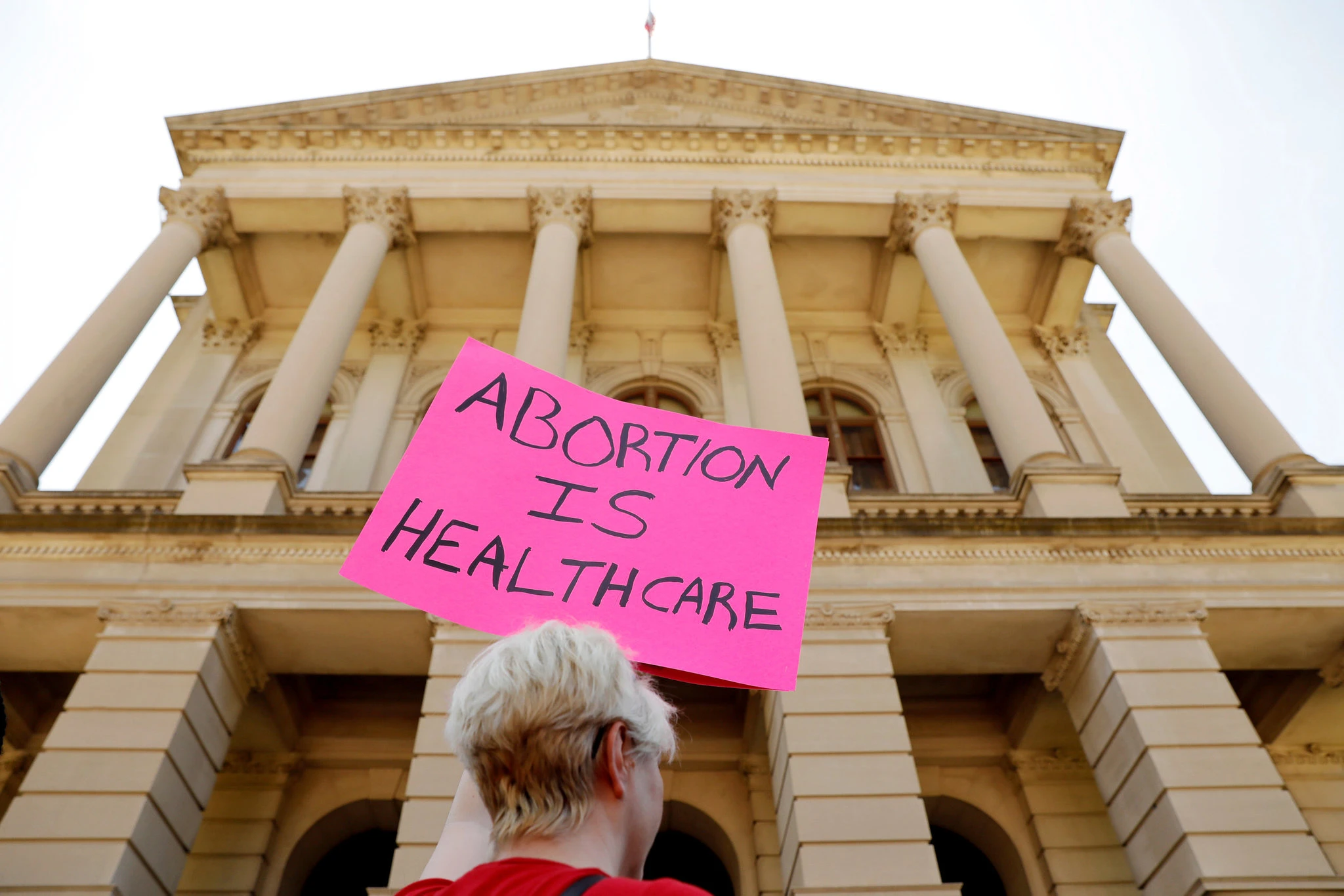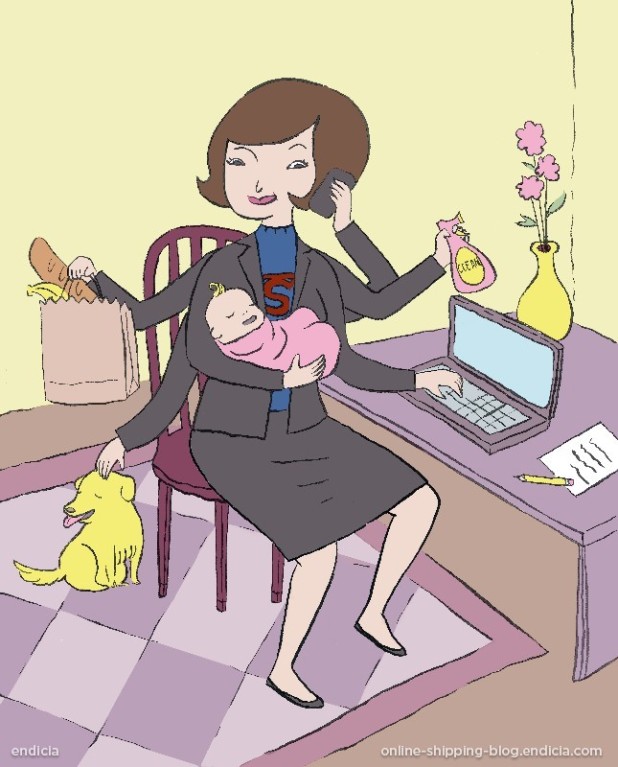The question of abortion remains one of the most contentious and polarizing issues in societies around the world, despite the prevalence of democratic systems of governance. While democracy is often viewed as a mechanism for resolving societal debates through open dialogue and majority rule, the abortion question persists as a complex and deeply divisive issue. This article explores the reasons why democracy, despite its principles of inclusivity and representation, has not settled the abortion debate.
- Diverse Moral and Cultural Perspectives:One of the fundamental challenges in settling the abortion question lies in the diverse moral and cultural perspectives within any democratic society. Democracy encourages the expression of a wide range of values and beliefs, and on the issue of abortion, deeply rooted cultural and religious convictions often shape individuals’ views. This diversity can hinder the emergence of a singular consensus that satisfies all segments of the population.
- Complex Interplay of Rights:Abortion involves a delicate balance between different rights, including a woman’s right to autonomy and bodily integrity, and the potential rights of the unborn. Democratic societies grapple with reconciling these conflicting rights, and the inherent complexity of the issue makes it difficult to arrive at a one-size-fits-all solution that respects all perspectives.
- Influence of Political and Religious Institutions:Political and religious institutions play a significant role in shaping public opinion and policy decisions. In democratic systems, these institutions often reflect the diversity of views within society. The influence of these institutions on the abortion debate can contribute to the perpetuation of conflicting ideologies, making it challenging for a clear consensus to emerge.
- Evolution of Societal Attitudes:Societal attitudes toward abortion evolve over time, reflecting changes in cultural, scientific, and ethical perspectives. Democracy, designed to adapt to societal shifts, may struggle to settle the abortion question definitively as public opinion continues to fluctuate. What is acceptable or taboo in one era may be reevaluated in another, perpetuating ongoing debate.
- Legal Frameworks and Human Rights:The legal status of abortion varies widely across democratic nations, reflecting different interpretations of human rights and legal frameworks. While some democracies permit abortion under certain circumstances, others restrict or prohibit it. These divergent legal approaches contribute to ongoing disputes, as individuals advocate for the alignment of laws with their moral and ethical beliefs.
Conclusion:
The abortion question persists as a deeply complex and multifaceted issue that defies easy resolution within democratic systems. The inherent diversity of perspectives, the interplay of conflicting rights, the influence of powerful institutions, evolving societal attitudes, and the variable legal frameworks across democracies contribute to the ongoing debate. While democracy provides a platform for dialogue, the resolution of the abortion question requires a delicate balance between respecting individual freedoms and addressing the moral, cultural, and ethical concerns that continue to shape this enduring societal dilemma.












